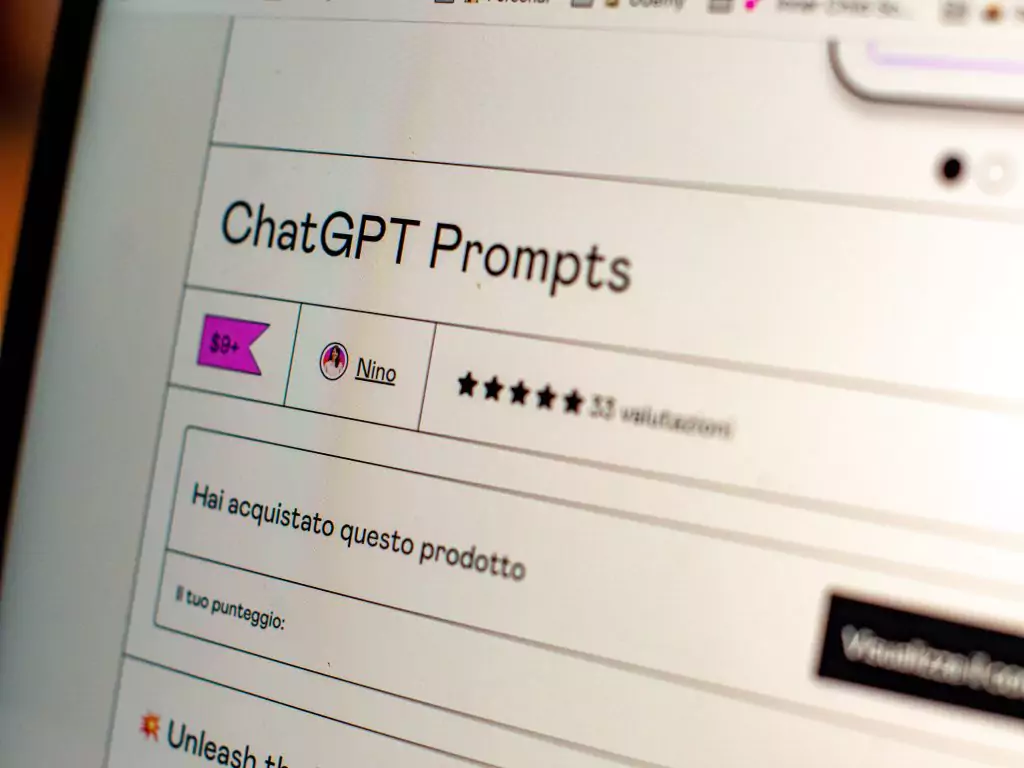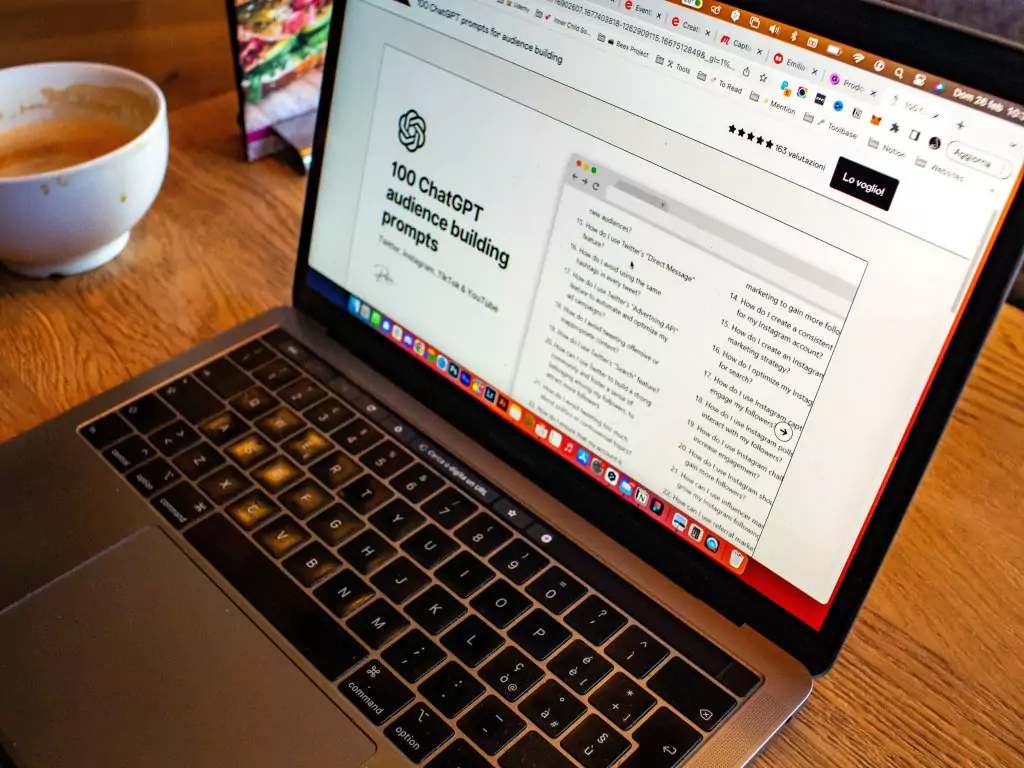
OpenAI’s ChatGPT can be a powerful ally for students and researchers, providing assistance in gathering information and creating content for essays and research projects.

✅ AI Essay Writer ✅ AI Detector ✅ Plagchecker ✅ Paraphraser
✅ Summarizer ✅ Citation Generator
Key Takeaways:
- Create your own outline first to ensure the core ideas of your essay are original.
- Use ChatGPT to draw a parallel outline and develop content for each section, but make sure to confirm the information with reputable sources.
- ChatGPT should be used as a tool to polish style and help with citations, but not to write the entire essay.
Making the Most out of AI
To extract the maximum benefit from this AI tool, it is vital to employ a strategic approach that ensures the accuracy of the information and avoids plagiarism.
Start with Your Own Outline
Starting with your own outline is critical to ensuring that the fundamental ideas of your essay or research are uniquely yours. If you rely on ChatGPT to create an outline, it may result in less original ideas and might even omit important information due to AI’s inherent biases.
Develop Content with ChatGPT’s Assistance
After developing your original outline, ChatGPT can be used to create a parallel outline and develop detailed content. You should then selectively integrate parts of ChatGPT’s outline into your own. With the finalized outline, you can work on it section by section. ChatGPT can be used to generate multiple thesis statements and create written content for each section. However, it’s crucial to make sure that the AI communicates in the tone you want, which in most cases should be academic.
Verify Information with Reputable Sources
A word of caution when using ChatGPT is that it occasionally creates information that may not be accurate. Therefore, it’s imperative to verify the information provided by ChatGPT with reputable sources such as authoritative books or official websites. This step is essential to ensure that your essay is built on correct and verified information.

Seek Explanations and Examples
One area where ChatGPT shines is in explaining complex ideas and crafting examples. If you come across a part of your essay that you do not fully grasp, ChatGPT can be a resource to simplify these concepts. The AI is particularly adept at employing analogies to make the information more relatable and understandable.
Write the Essay Yourself
It’s of paramount importance not to depend on ChatGPT to write your essay. This approach is not only unethical but could also lead to plagiarism or the dissemination of incorrect information. It is recommended to personally type each line in your essay.
Polish and Cite with ChatGPT
Once your essay is written, ChatGPT can be used to refine the style and assist with citations. The AI is proficient in mimicking popular writing styles, and you can use it to enhance the tone of your essay or assist with integrating citations properly.
Use ChatGPT as a Tool, Not a Crutch
In conclusion, ChatGPT should be regarded as a tool and not as a substitute for critical thinking and original content creation. Similar to how a calculator doesn’t replace a mathematician, ChatGPT should not replace the writer but should be used to facilitate tedious or repetitive tasks.
The Main Point
By incorporating ChatGPT into your academic writing process responsibly and strategically, you can harness the power of AI to augment the quality of your research and essays.
Read also:
Most Common Writing Mistakes to Avoid!
Three-Word Magic: High School Students Summarize Their College Essays
How To Use ChatGPT for Content Marketing?
Follow us on Reddit for more insights and updates.





Comments (0)
Welcome to A*Help comments!
We’re all about debate and discussion at A*Help.
We value the diverse opinions of users, so you may find points of view that you don’t agree with. And that’s cool. However, there are certain things we’re not OK with: attempts to manipulate our data in any way, for example, or the posting of discriminative, offensive, hateful, or disparaging material.